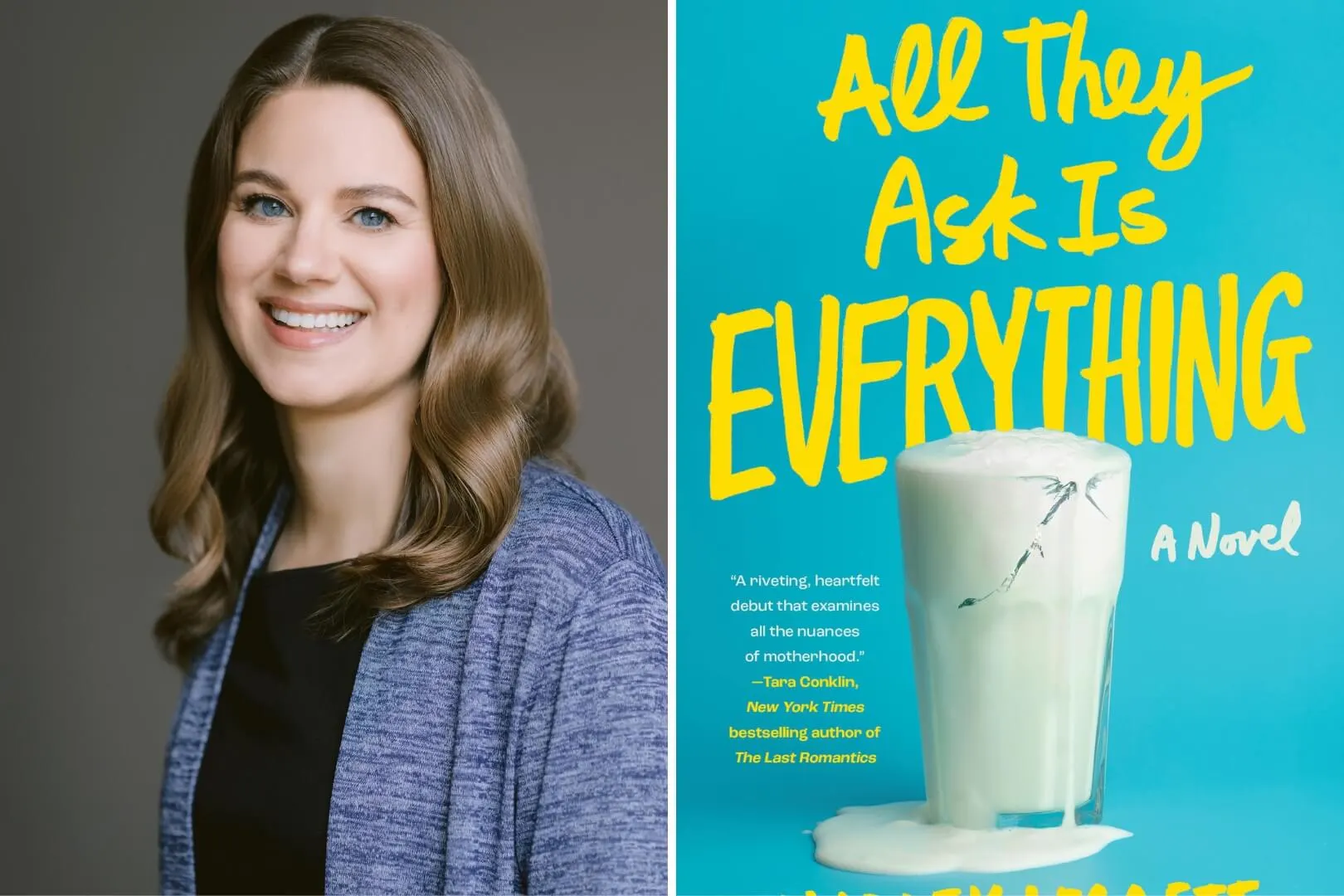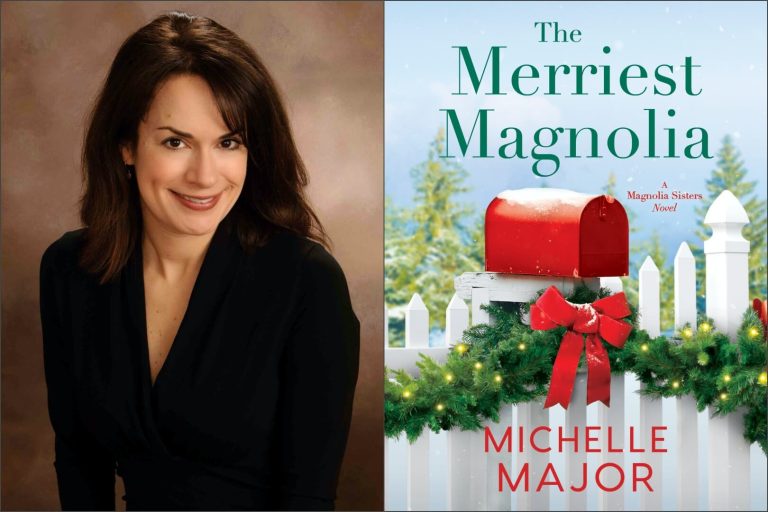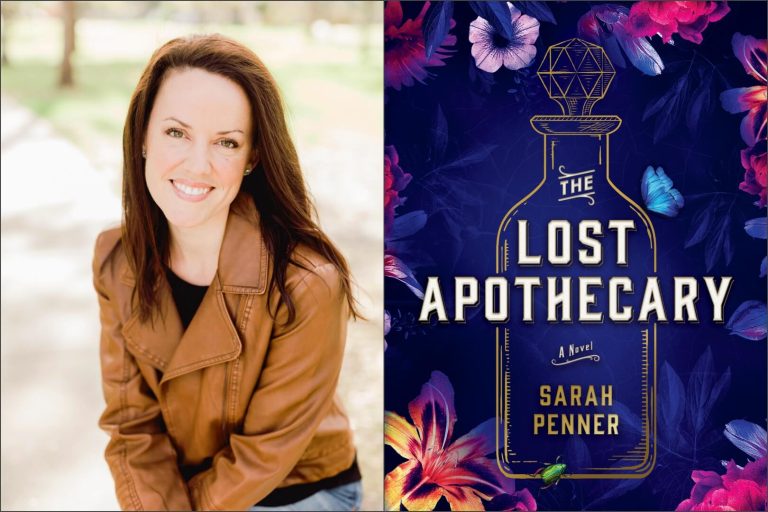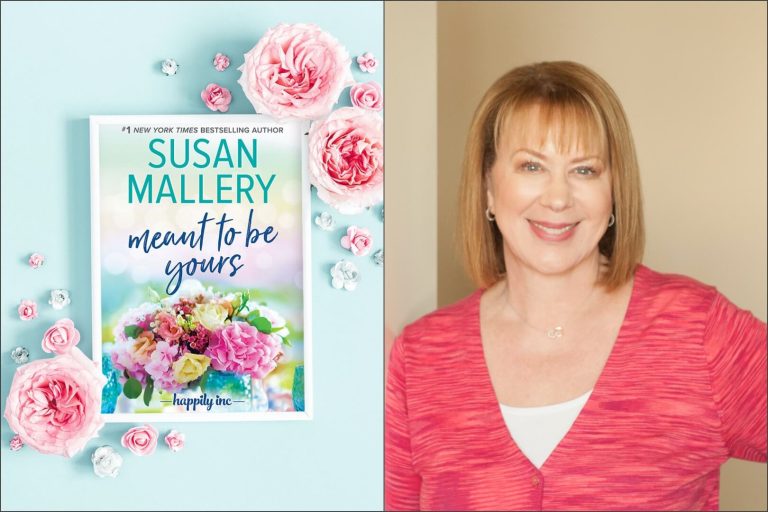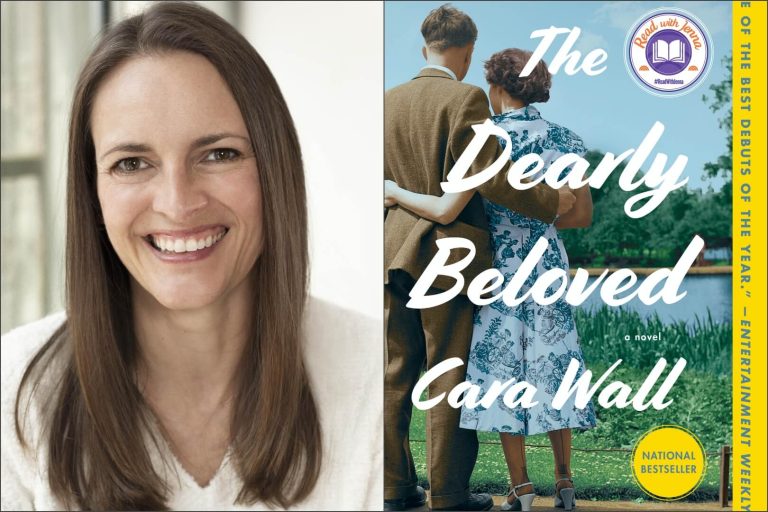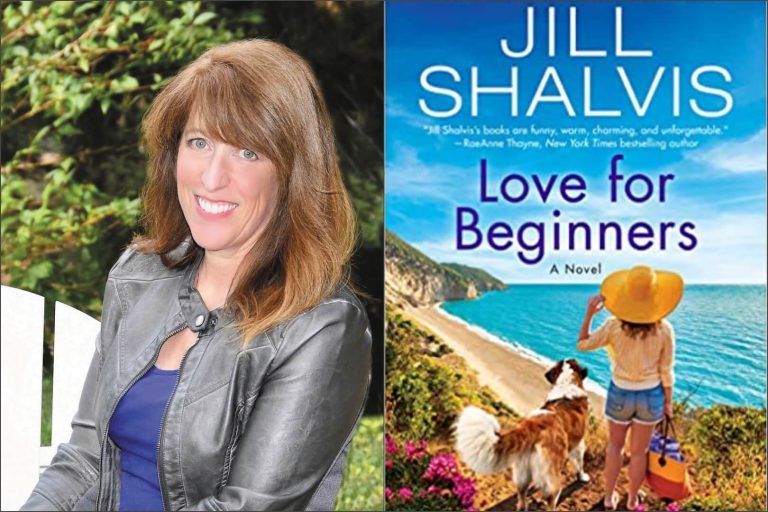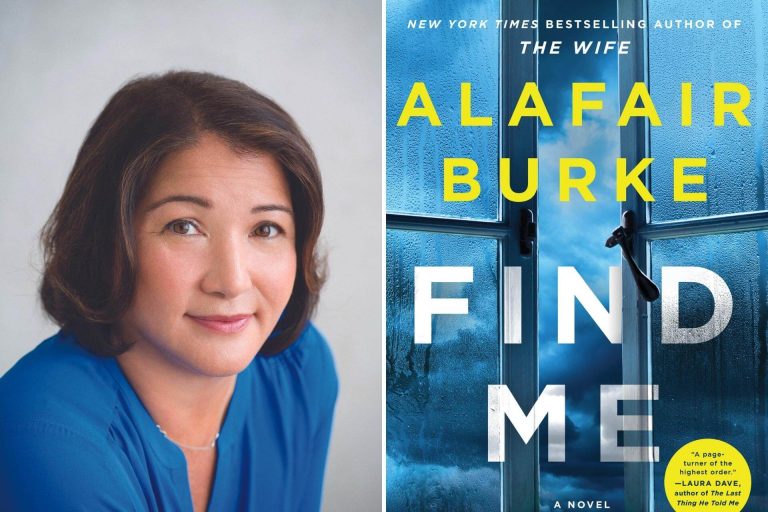Hadley Leggett writes layered book club fiction exploring truth in shades of gray.
Hadley Leggett is a novelist and science writer whose winding career path has included degrees in medicine, biochemistry, Spanish, and journalism. After moving all over the United States during her childhood, she now lives in Seattle, Washington, with her husband and three children, as well as her parents, three cats, and an ever-rotating troop of foster kittens.
All They Ask Is Everything is her first novel. In this hopeful debut about the silent struggles of motherhood, three very different women want custody of the same two little girls—and learn they have more in common than the children they’re fighting for.
Let’s get to know Hadley as she talks favorite books, inspiration behind All They Ask Is Everything, writing different POVs and more!
What are some of your favorite novels?
I read a lot and have a tendency to love everything, so it’s hard to pick favorites! But some books that have really stuck with me include The Song of Achilles by Madeline Miller, Little Fires Everywhere by Celeste Ng, The Husband’s Secret by Liane Moriarty, and The Great Believers by Rebecca Makkai. More recently, I’ve loved More Than You’ll Ever Know by Katie Gutierrez, No Two Persons by Erica Bauermeister, and Tom Lake by Ann Patchett.
When did you know you wanted to become an author?
As a kid, I was always writing stories and “publishing” little books with cardboard covers, but I come from a family of scientists and somehow never considered that writing novels could be a career path. I remember having a very clear realization at age 12: “No one is ever going to publish a book written by a kid,” and then, sadly, I just stopped writing! But every time I read a really good novel, I would start hearing this voice in my head, composing lines about everything around me as if it was written in a book.
I started writing fiction seriously when my youngest child started preschool, and I suddenly found myself with three hours of alone time, three days a week, and no idea what to do with it. By that point, the idea for a novel had been rattling around in my head for several years, so during those child-free hours, I just sat down and started writing.
Tell us about All They Ask Is Everything! What inspired you to write it?
There’s a saying among writers that if you can’t find the book you need to read on the shelves, you should write it, and that’s pretty much what happened with All They Ask Is Everything. I call it my “love letter to the messiness of motherhood,” because at the time I started writing, my kids were ages 3, 5, and 8, and I’d given up my career in medical journalism to be an at-home parent. As much as I loved being a mom and adored my children, I felt like I’d completely lost my sense of self outside of being a caregiver.
I desperately needed a creative outlet, and as per my usual, I turned to fiction for support. But I quickly noticed that the novels I was reading tended to gloss over the actual experience of being a parent. If the protagonist was a mom, maybe her kids would show up every few chapters to do something cute, but otherwise she’d go about her life doing important, interesting adult things—which was not at all my experience of parenthood. I wanted to write a novel reflecting the all-consuming nature of motherhood, and I wanted to explore what it means to be a “good” mother in a society that demands everything of women without offering the real support moms need, like childcare, paid maternity leave, and mental health benefits.
All They Ask Is Everything explores these themes through the perspectives of three very different women who all want custody of the same two little girls: Hannah, a struggling young widow who makes a mistake that lands her daughters in foster care; Julie, the first-time foster mom who adores the girls but worries about their previous home life; and Elaine, Hannah’s estranged mother who hopes rescuing her granddaughters will be her one chance at a parenting do-over.
Why was it important for the novel to have the POV of the three different women?
My favorite books are ones that describe morally gray situations — situations where you’re not sure which character is right, or maybe they’re all right but for different reasons. Although my characters are very much pitted against each other, it was important to me that none of them come across as the villain. By writing from each of the three women’s perspectives, I could let readers see how each character made sense to herself, even as she made choices the reader might disagree with.
Can you share your favorite part or chapter to write?
I don’t want to give away any spoilers, but my favorite part to write was definitely the ending, when each character begins to see beyond her own biases to understand the true complexity of the situation. It was tricky to write three separate character arcs, but I loved weaving them together at the end, and I hope it creates a satisfying experience for the reader.
What are you currently reading and what’s on your TBR (to be read) list?
Right now I’m in the middle of a gorgeous novel called The Moorings of Mackerel Sky by MZ (Emily Zack). It’s the story of a seaside town in Maine that was founded around the legend of a mermaid, and I’m loving the ensemble cast and exploration of what it means to be a community. My TBR list is a mile long, but the ones I’m hoping to start next are Boss Lady by Asha Youmans and Alli Frank, Anna Bright is Hiding Something by Susie Orman Schnall, and The Same Bright Stars by Ethan Joella.
